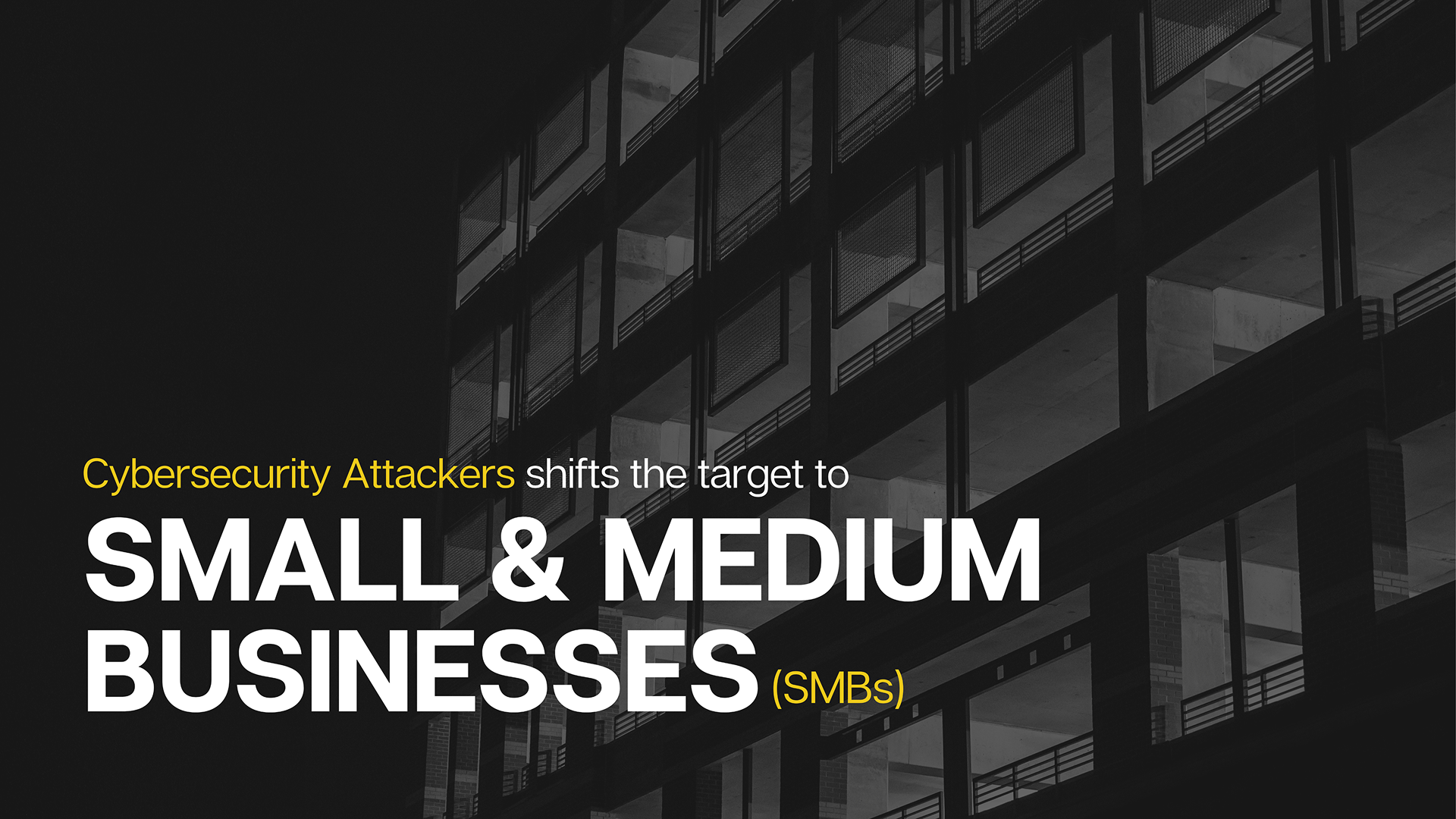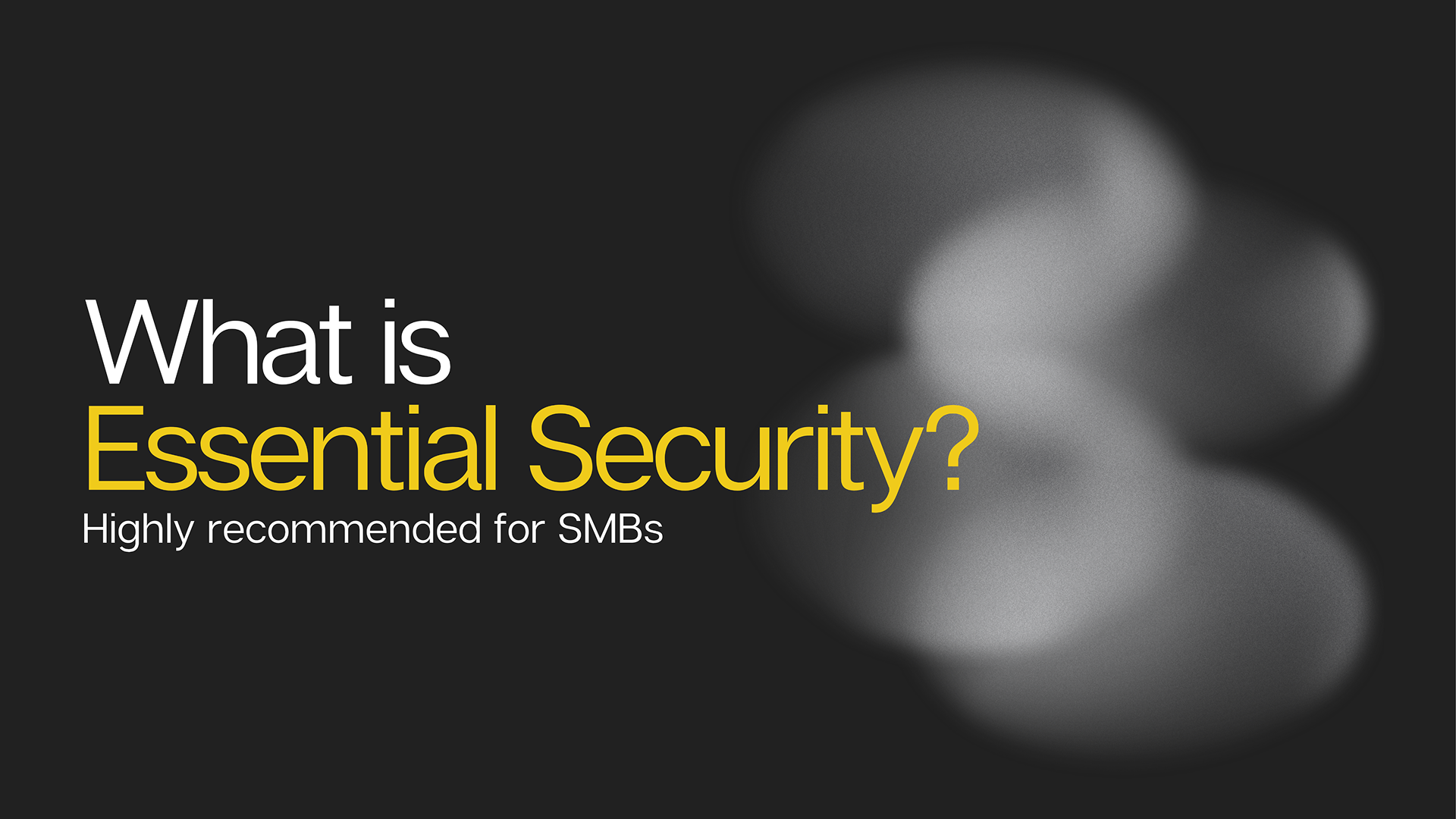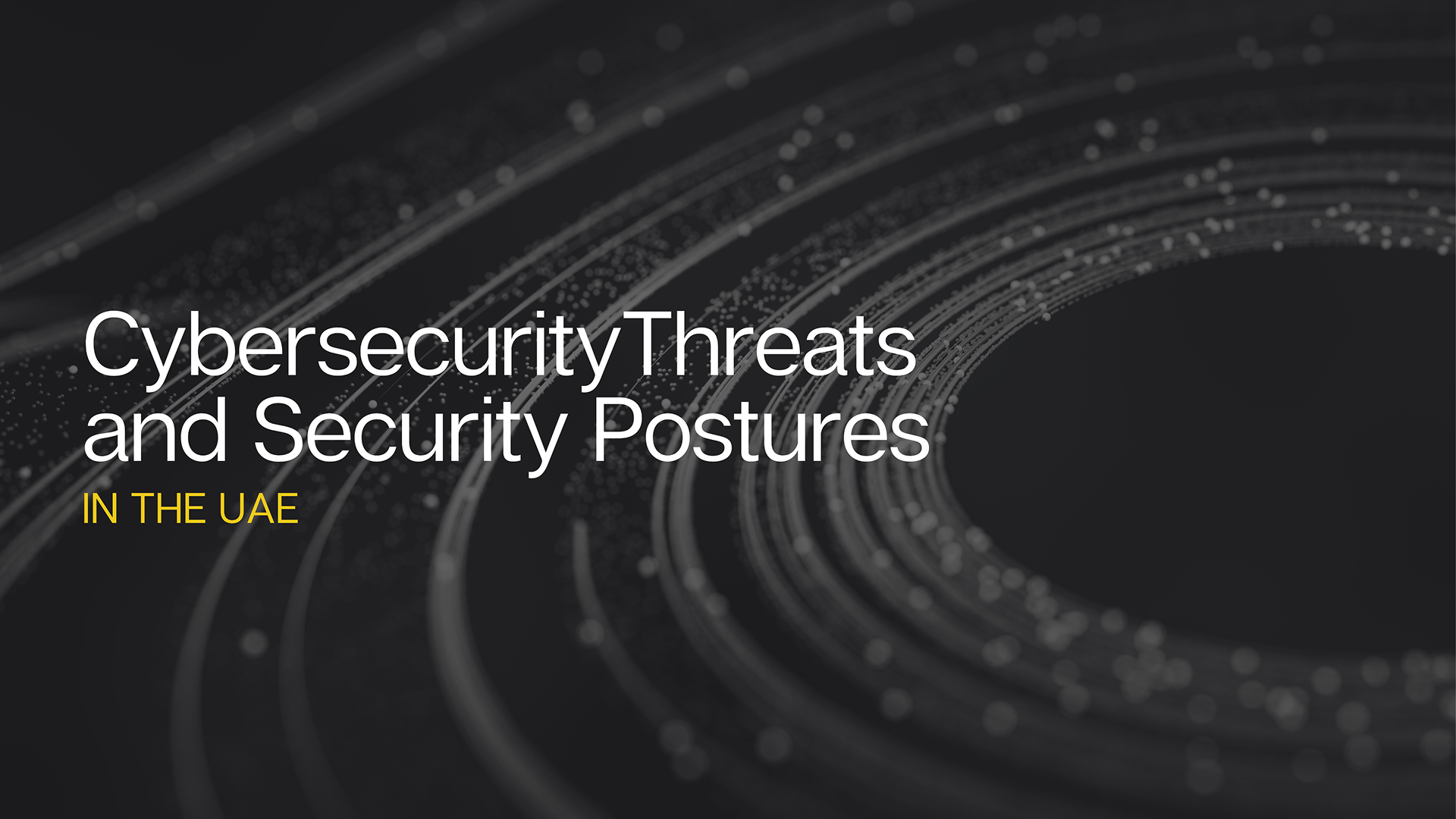Why Cybersecurity Attacks in the UAE Are Targeting Small and Medium Businesses (SMBs)

Introduction
Small and medium-sized businesses (SMBs) form the backbone of the UAE’s economy. But their growing digital presence has also placed them in the crosshairs of cybercriminals. In recent years, there’s been a noticeable shift in attack patterns from large enterprises with hardened defenses to smaller SMBs.
This article explores why SMBs are the new favourite targets, what types of threats they face, and how they can build a stronger cybersecurity foundation to defend themselves in 2025 and beyond.
Why SMBs Are the New Focus for Cybercriminals
There’s a growing misconception among business owners: “We’re too small to be targeted.” Unfortunately, this is exactly the mindset that attackers’ exploit. Hackers use automated tools to scan and identify unpatched endpoints, misconfigured firewalls, weak passwords, or unpatched systems.
Many SMBs serve as vendors or partners to larger enterprises. By compromising an SMB, attackers can infiltrate a bigger network through connected systems or shared credentials. This makes SMBs the “gateway” into enterprise networks, a technique known as supply chain infiltration.
When large corporations are attacked, they have dedicated SOC teams and response playbooks. Most SMBs, on the other hand, lack a dedicated IT team and discover breaches only after damage has occurred.
The Common Threats Facing SMBs in the UAE
Phishing remains the most common entry point for attackers. In Business Email Compromise, cybercriminals impersonate executives or clients to trick employees into transferring funds or disclosing sensitive information. Attackers use domain spoofing, social engineering, and AI-generated content to bypass filters.
Ransomware is the fastest-growing threat among SMBs. Attackers encrypt company files and demand payment often in cryptocurrency to restore access. What makes ransomware dangerous is not just the encryption itself, but the data exfiltration that happens before it.
Many SMBs reuse passwords across systems, store them in browsers, or lack MFA. Attackers exploit this through credential stuffing using leaked usernames and passwords from one breach to access another platform.
The Role of Human Error and Limited IT Support
In SMBs, cybersecurity responsibility often falls on multitasking teams or sometimes, on no one at all. This creates a gap between intention and execution.
Employees are the first line of defense, yet often the least trained. Clicking a malicious link, downloading a fake attachment, or connecting to unsecured Wi-Fi can all trigger a breach.
Unlike large organizations, SMBs typically lack a dedicated IT security department, Continuous monitoring tools, Structured patching schedules, and Incident response policies This leaves them reactive rather than proactive, addressing cyber issues only after damage has been done.
Without an external cybersecurity partner, SMBs struggle to implement the basics - email security, domain protection, Endpoint security, firewall fine-tuning, and Security awareness training. Most SMBs don’t need high end technology; they need consistent protection and expert eyes monitoring them
How SMBs Can Strengthen Their Cybersecurity Posture
Building a strong posture doesn’t require enterprise budgets: it requires clarity and structure.
Here’s what SMBs in the UAE can do today to stay protected:
• Start with the basics - endpoint protection, firewall tuning, domain protection, and email security.
These alone can prevent over 90% of common attacks.
• Review your systems quarterly to identify vulnerabilities, outdated software, or misconfigurations.
• Conduct regular Security Awareness Training (SAT) for your employees.
• Misconfigured cloud environments are one of the biggest causes of modern breaches. Hence, encrypt data at rest, enforce access controls, and back up regularly.
• If hiring a full-time security team isn’t feasible, an external Managed Security Service Provider (MSSP) can handle monitoring, threat detection, and patch management around the clock.
Conclusion
Cybersecurity for SMBs is no longer a technical choice; it’s a business necessity. Because in cybersecurity, being small should never mean being unprotected. In the UAE, the national cybersecurity posture led by the UAE Cybersecurity Council continues to strengthen digital trust and awareness. But real protection starts with the organizations themselves.
Get Your Network Security Assessment in 72 hours— Totally Free.
who need strong fundamentals
ready for smarter controls.
that need full visibility and strategic depth.






.avif)